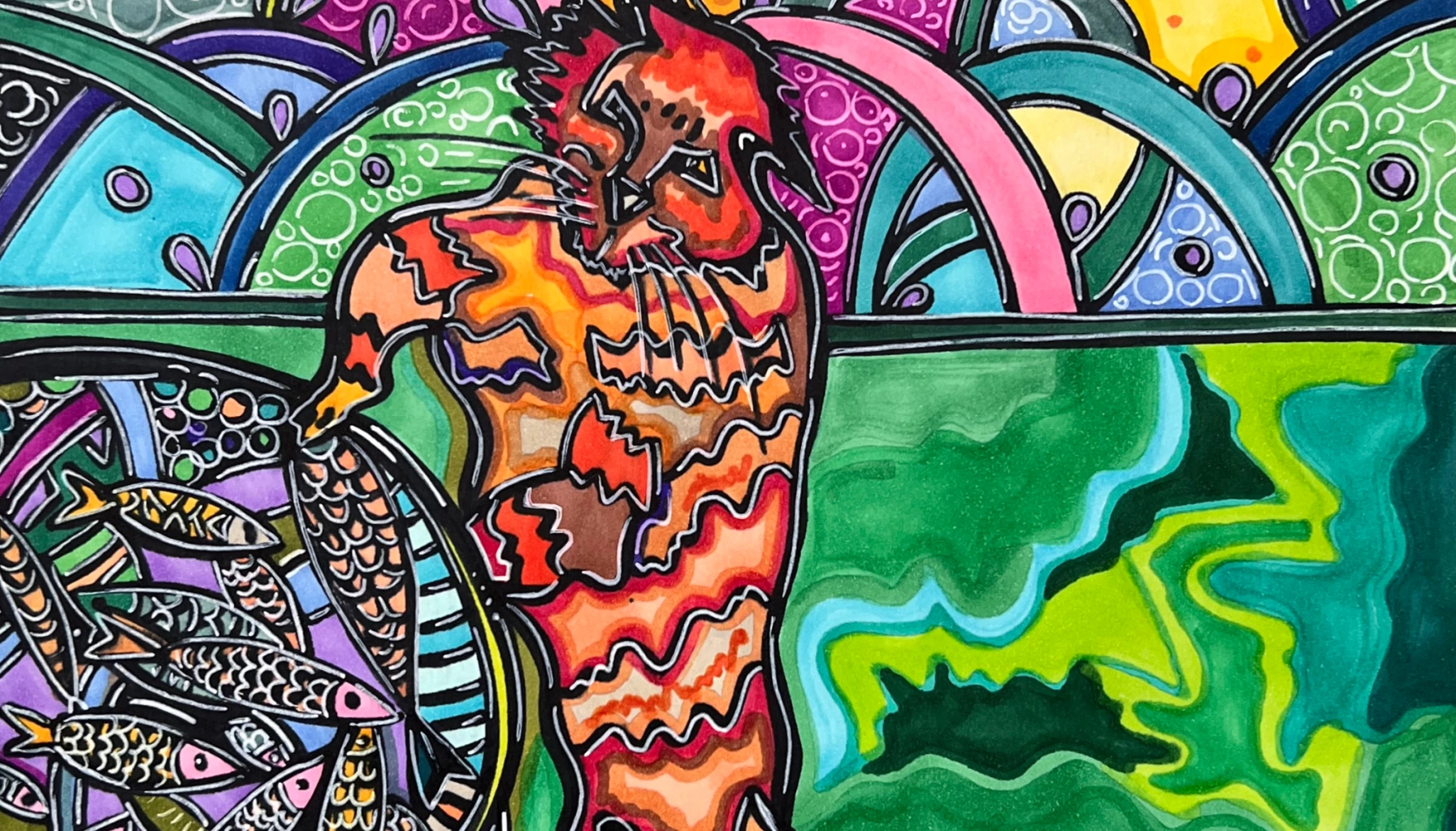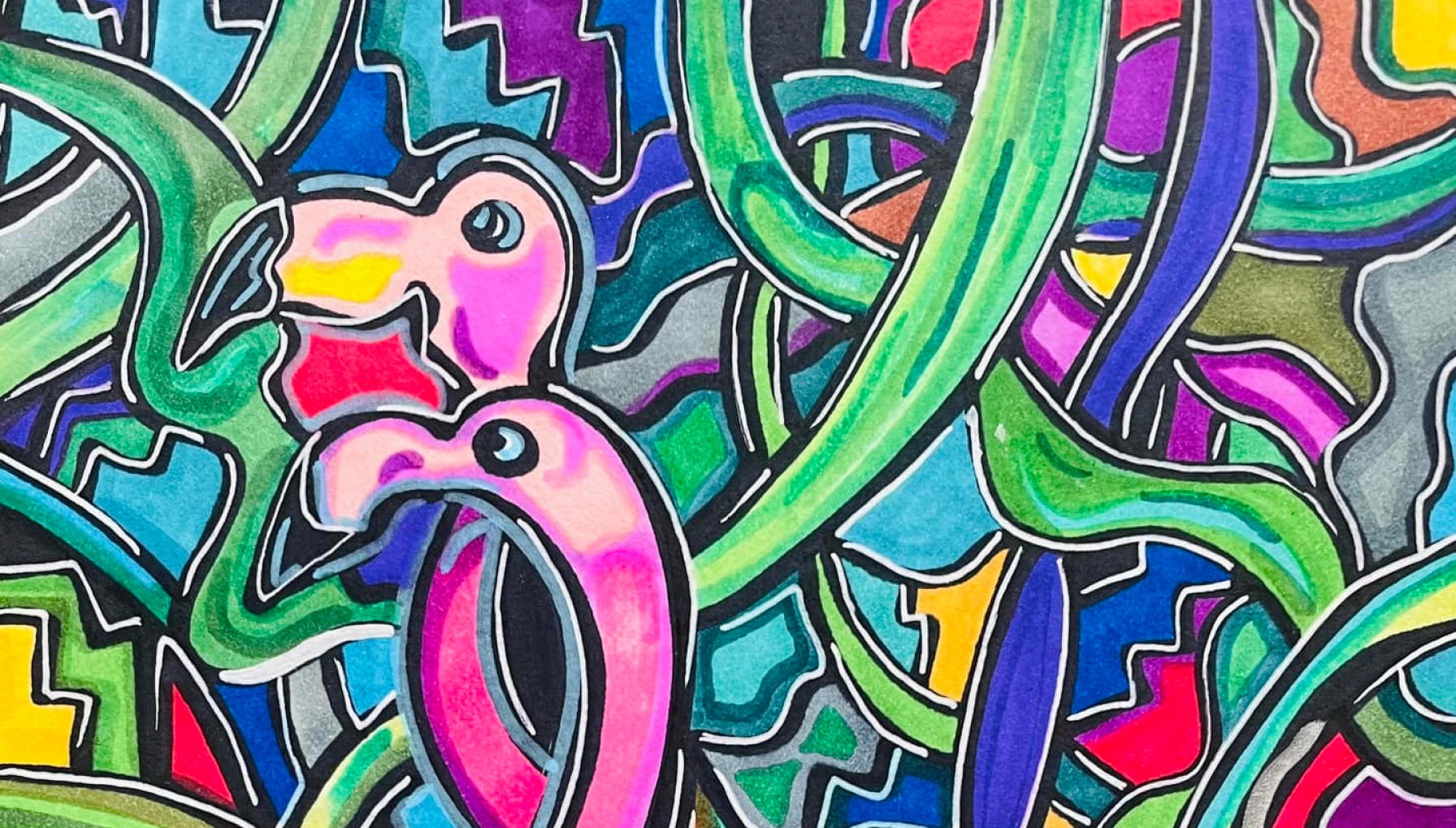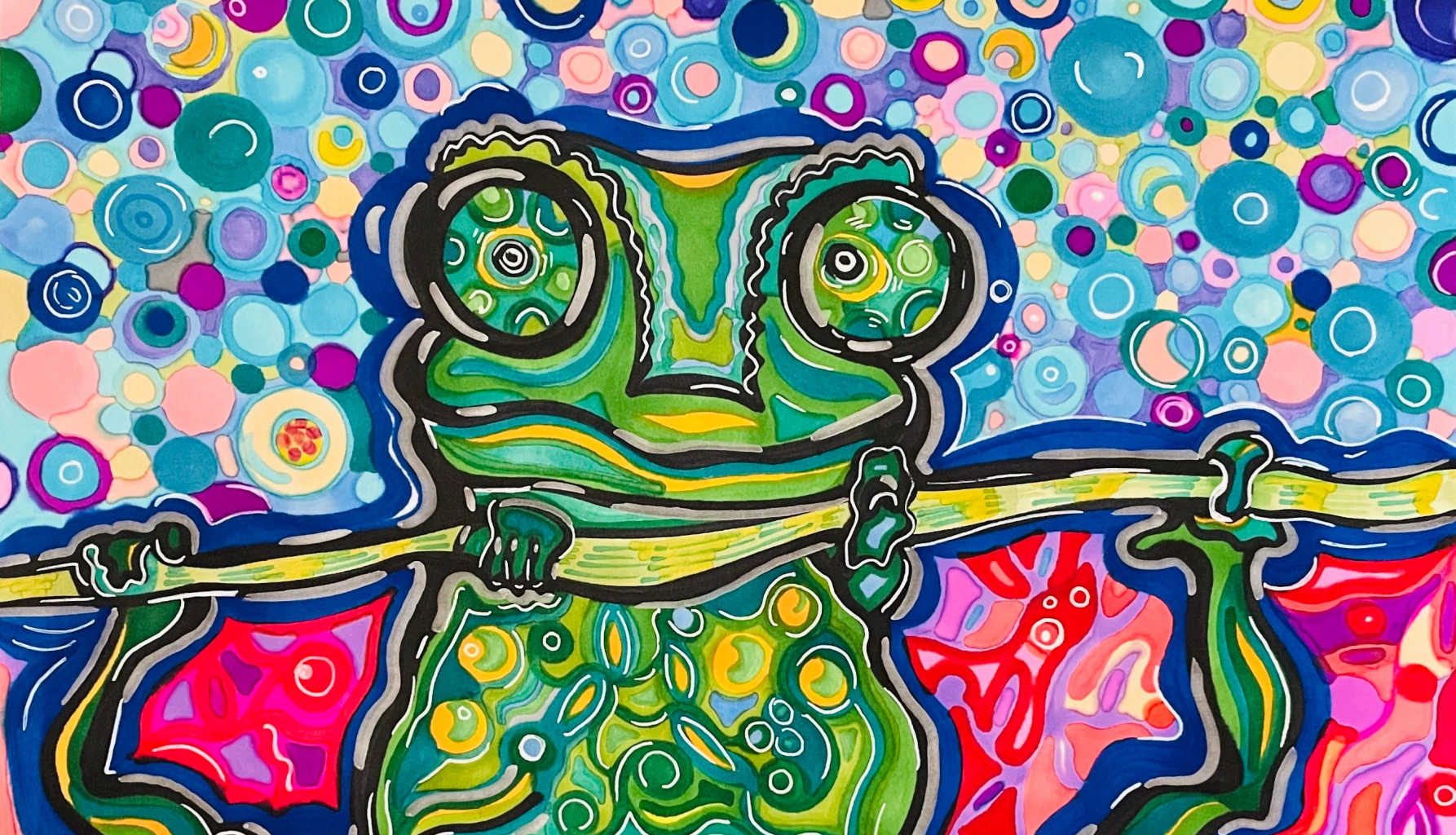Migration Is a Life-Changing Step—But Adapting Isn’t Always Easy
For many migrants, settling into a new country means more than finding a home. It involves learning a new language, navigating unfamiliar social norms, and rebuilding a sense of belonging—all while coping with the emotional impact of leaving their past behind.
1. What Are Adaptation Difficulties?
They are the emotional and social challenges migrants face when adjusting to a new environment. Common issues include language barriers, cultural differences, social isolation, and the stress of rebuilding life from scratch.
Scientific studies show that migrants often experience increased risk of anxiety, depression, and post-traumatic stress disorder during this period (Brance, 2024; BMC Public Health, 2023).
- Recognizable Signs of Difficulty Adapting:
- Feeling isolated or disconnected
- Anxiety in social or official situations
- Emotional exhaustion or fatigue
- Persistent sadness or homesickness
- Difficulties in finding work or purpose
- Simple Ways to Support Adaptation:
✔️ Take language classes to gradually improve communication skills
✔️ Maintain connections with your cultural community while exploring new customs
✔️ Establish daily routines to foster stability
✔️ Join local groups or community centers to build social support
✔️ Reach out to professionals or peers to share your experience
"Adapting doesn’t mean forgetting your past—it means building a new future."
- Psychological Support Can Help You:
- Understand and manage the emotional effects of migration
- Navigate feelings of loss and identity challenges
- Develop coping strategies to reduce stress
- Regain confidence and motivation for your new life
Research emphasizes the positive impact of culturally sensitive mental health support in improving migrant wellbeing (WHO, 2021; NCBI, 2023).
Are you or someone you know finding it hard to adapt after migration?
Book a confidential appointment on OneDoc with a psychologist in Geneva experienced in cross-cultural support.




